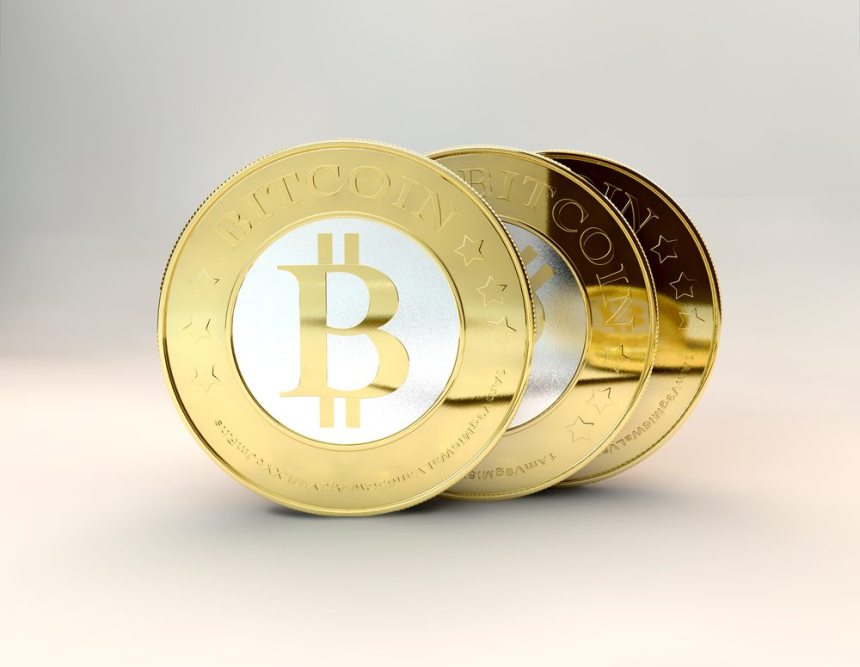An exciting development is taking place in The Philippines right now. Most people are well aware of how bitcoin makes a positive impact on the local economy. Bangko Sentral has issued a document on guidelines for virtual currency exchanges. As a result of this proposal, the country officially acknowledges bitcoin as a payment system. It appears Philippines is one of the first countries that has given bitcoin an official financial “status”.
The document drafted by the Central Bank of The Philippines contains some very interesting concepts. First of all, the institution wants to ensure the country remains free of money laundering and terrorist financing schemes. That is not surprising, as no country is willing to be associated with such illegal activities. Contrary to some other countries, The Philippines sees the potential in bitcoin to do good, rather than facilitate these crimes.
In fact, the Bangko Sentral states how they see virtual currency’s potential to revolutionize the delivery of financial services. Additionally, they also mention how bitcoin provides financial inclusion, which is something traditional financial solutions have been unable to provide. Although the Bangko Sentral acknowledges there are risks associated with cryptocurrency, the overall tone seems rather positive.
Bangko Sentral Sees Merit in Bitcoin
One thing to keep in mind is how the Bangko Sentral is not endorsing bitcoin as a currency since it is not issued by the central bank. They do want to regulate virtual currency activities related to delivering financial services. Mainly payment service and remittance solutions are on their radar. It seems evident new regulations will be introduced to strengthen AML and CFT rules, which is a positive development. Updating existing regulation to include a virtual currency section is one step towards making bitcoin and other cryptocurrencies legal tender in the future.
As one would expect, virtual currency exchanges will need to obtain a Certificate of Registration. They will also pay a registration and annual service fee, which will be equal to the ones paid by other financial service providers in the country. Payouts surpassing the 500,000 pesos – or US$10,000 – mark can only be made through check payments or direct credit to deposit accounts. All things considered, this appears to be more than a reasonable proposal by the Bangko Sentral. Any company violating these terms will be subject to possible sanctions.
Things are looking quite positive for bitcoin in The Philippines. This document acknowledges the potential cryptocurrency brings to the country. Moreover, there are no plans to create separate licensing requirements, which is good to see. It is expected this new proposal will go into effect on February 21, 2017. It will be interesting to see how this law affects bitcoin usage in the Philippines moving forward.
Header image courtesy of Shutterstock
